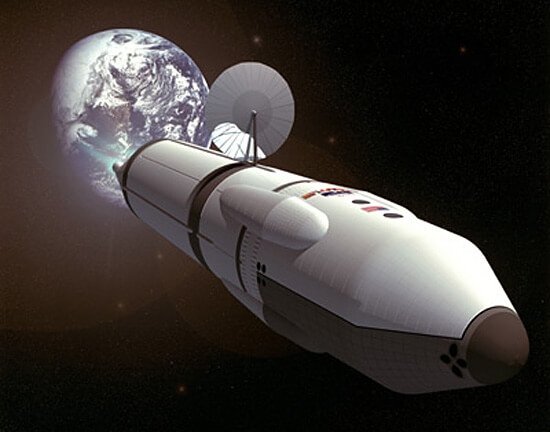A new NASA-funded study into the effects of long-term space travel on humans has reached a troubling conclusion: astronauts flying to Mars could arrive with severe brain damage.
The research was conducted by the University of California Irvine and published in the journal Science Advances. It involved bombarding mice with ionized oxygen and titanium nuclei for six weeks. The dose of particle radiation is equivalent to what they would experience during a trip to Mars using today’s propulsion technology and spacecraft shielding.
The results were troubling. The mice all experienced acute brain inflammation that changed the way their neurons fired, making their brains poor at transmitting electrochemical signals. This in turn reduced their puzzle-solving skills and memory.
The effects are similar to those shown by brain cancer patients undergoing chemotherapy.
“This is not positive news for astronauts deployed on a two to three-year round trip to Mars,” stated Dr Charles Limoli, a professor of radiation oncology in UC Irvine School of Medicine.
“Performance decrements, memory deficits, and loss of awareness and focus during spaceflight may affect mission-critical activities, and exposure to these particles may have long-term adverse consequences to cognition throughout life.”
Damage was particularly acute in the medial prefrontal cortex and hippocampus, which would inhibit an astronaut’s ability to process complex problems and deal with unexpected events – both cases that are likely to occur when exploring a new planet.
NASA understands that getting humans to Mars will take a lot of shielding to keep the fragile beings safe. But the study highlights just how difficult this will be, considering the “very low” levels of simulated cosmic radiation used in the study. Depending on solar conditions, the astronauts on a voyage to Mars could experience much more radiation than the mice in the study.
The simple solution is to build shielding around spaceships making the trip, but that has its problems. Shielding adds weight to the craft, spiking the cost of construction as well as the amount of fuel needed to get it to the Red Planet.
Metals like aluminium also aren’t very good at radiation shielding. Plastics are a bit better, and some designs even call for using water, or human waste, as a shield. But the research team thinks there may be a medical answer.
“We are working on pharmacologic strategies involving compounds that scavenge free radicals and protect neurotransmission,” Limoli said. “But these remain to be optimised and are under development.”
Stay Connected